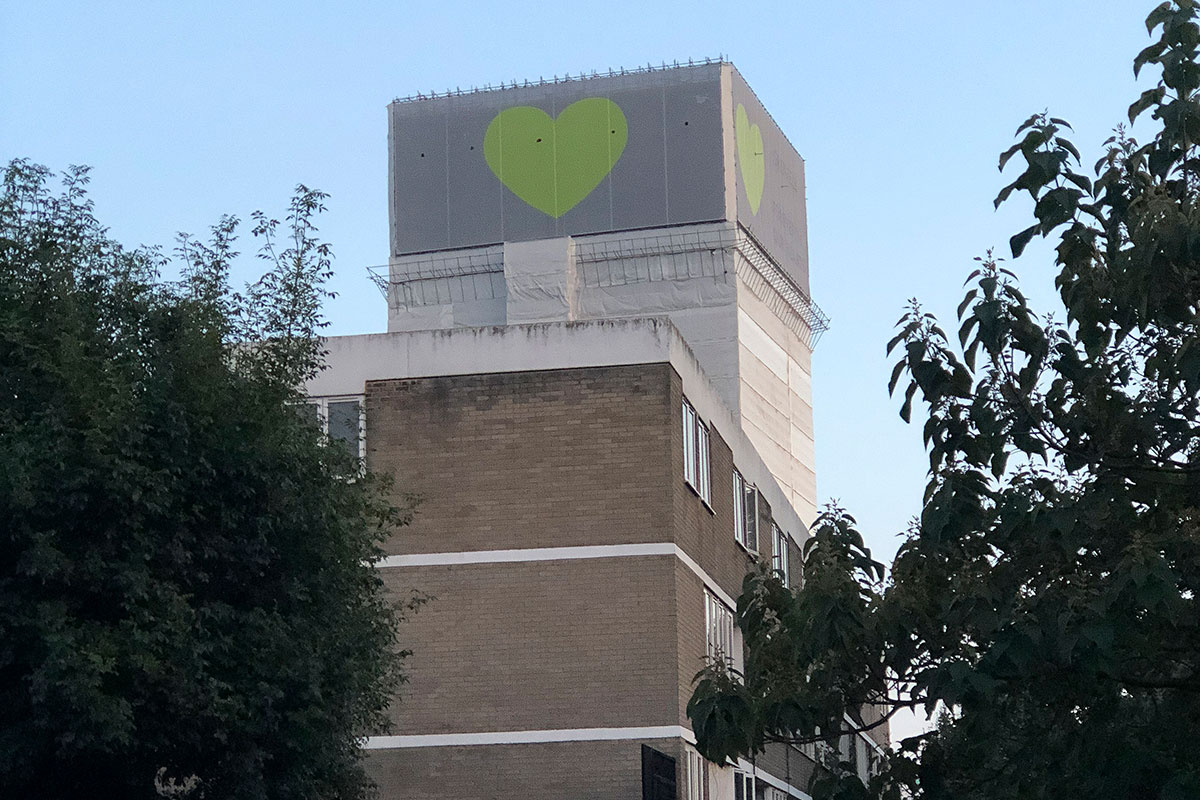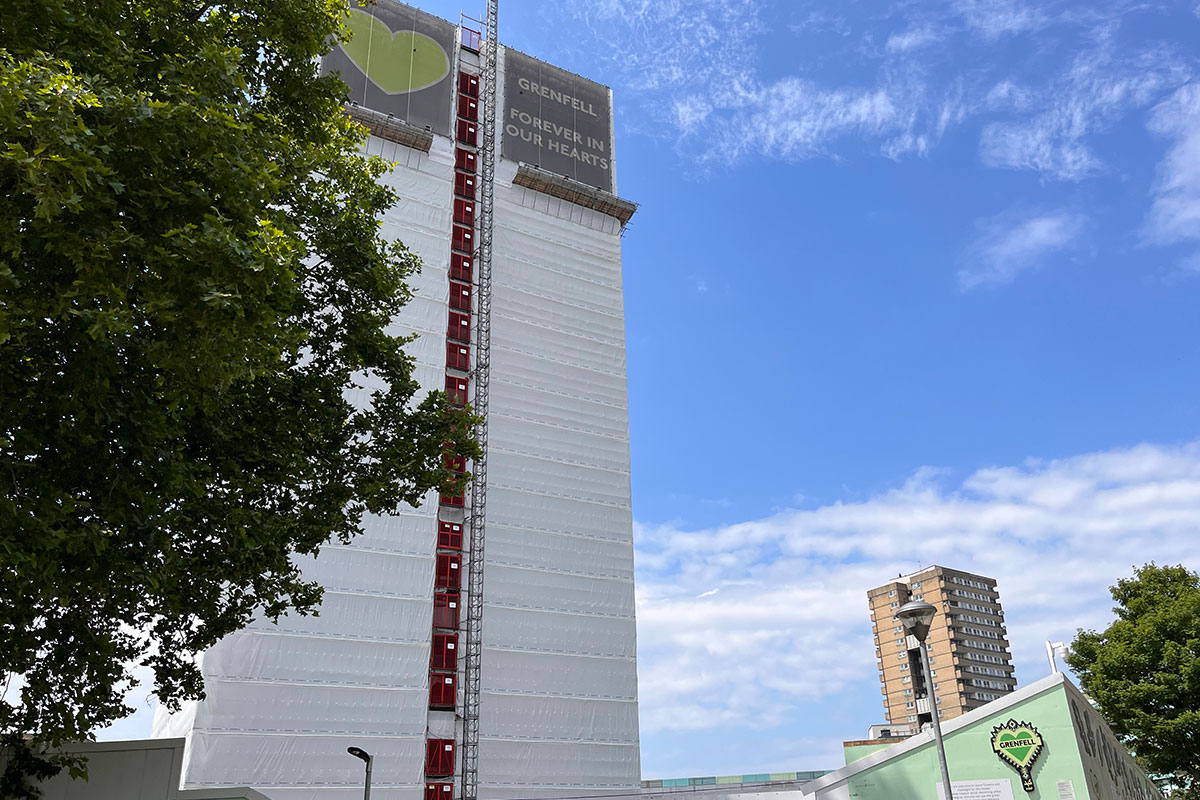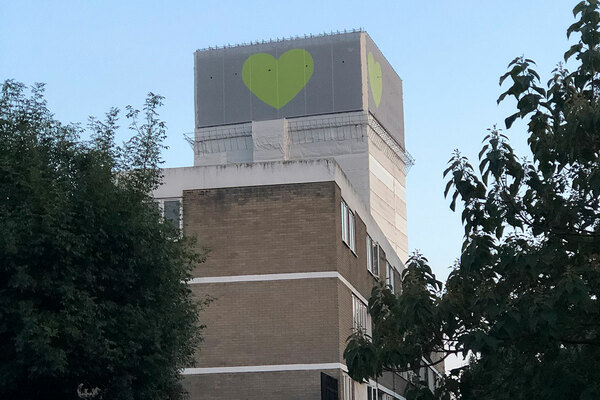Grenfell Tower Inquiry final report delayed until middle of next year
The Grenfell Tower Inquiry panel’s final report will not be published before April next year, the inquiry has revealed.

In its latest update, the inquiry team explained that the sheer amount of evidence collected makes the drafting of a report a very time-consuming task.
They estimate that the process of preparing and printing a work of this size will take a considerable number of weeks.
No previous estimated date had been given for the publication of the report, although some sources involved in the process had estimated autumn this year.
The Metropolitan Police and the Crown Prosecution Service are awaiting the publication of the final report before bringing forward any criminal prosecutions, meaning any delay pushes justice back.
The team said: “As things stand, the report will not be published before April next year but the panel hopes to be able to send it to the prime minister before the next anniversary of the fire, with publication soon thereafter. In due course, we will write to all [core participant] CPs about the arrangements for publication.”
The seventh anniversary of the fire will be on 14 June 2024.
The inquiry panel said that it “continues to make progress in drafting its final report” but it was the rule 13 process that was “proving time-consuming”.
Under this rule, it is necessary to write to those subject to criticism, and explain the basis for it – a legal process known as Maxwellisation.
“Not only do we have to allow recipients a reasonable time to respond to potential criticisms, but we also have to analyse their responses in order to decide whether we need to modify our provisional conclusions or the way in which we have expressed them.
“Nonetheless, we are probably over halfway through the process, having sent out over 100 letters so far,” it said.
Drafts of the chapters relating to the history of the refurbishment, the response of central and local government and chapters relating to the London Fire Brigade have been completed and warning letters have been sent to those who are likely to be criticised.
At the same time, draft chapters relating to manufacturers of products and certification bodies and aspects of the tenant management organisation’s conduct are nearly all complete, although in each case there is work to be done before warning letters can be sent out.
Many of the chapters relating to the development of fire safety aspects of the building regulations and the part played by the government have also been completed.
The inquiry team added: “Work on the chapters relating to experimental work conducted by some of the inquiry’s expert witnesses is not quite as far advanced.
“The chapters relating to the circumstances surrounding the deaths of the deceased have largely been completed and we do not think it will be necessary to send out more than a small number of warning letters relating to them.”
The second phase of the Grenfell Tower Inquiry heard 85 weeks of evidence, stretching across almost three years, which examined the background of how the “entirely avoidable” fire was allowed to happen.
The first-phase report, published in October 2019, made a number of important recommendations for the housing sector: a ‘Plan B’ in case ‘stay put’ advice fails to keep residents safe; regular checks on fire door self-closers; personal emergency evacuation plans (PEEPs) for residents with disabilities; and the installation of manually operated fire alarms if an evacuation became necessary.
However, despite the government promising to implement them in full, all these recommendations have either been watered down or abandoned completely.
The government has rejected the need for PEEPs, branding them disproportionate. Nothing has been done to encourage the fitting of fire alarms, and while fire door checks have been implemented, they are less frequent than the inquiry recommended.
Sign up for our fire safety newsletter
Already have an account? Click here to manage your newsletters










